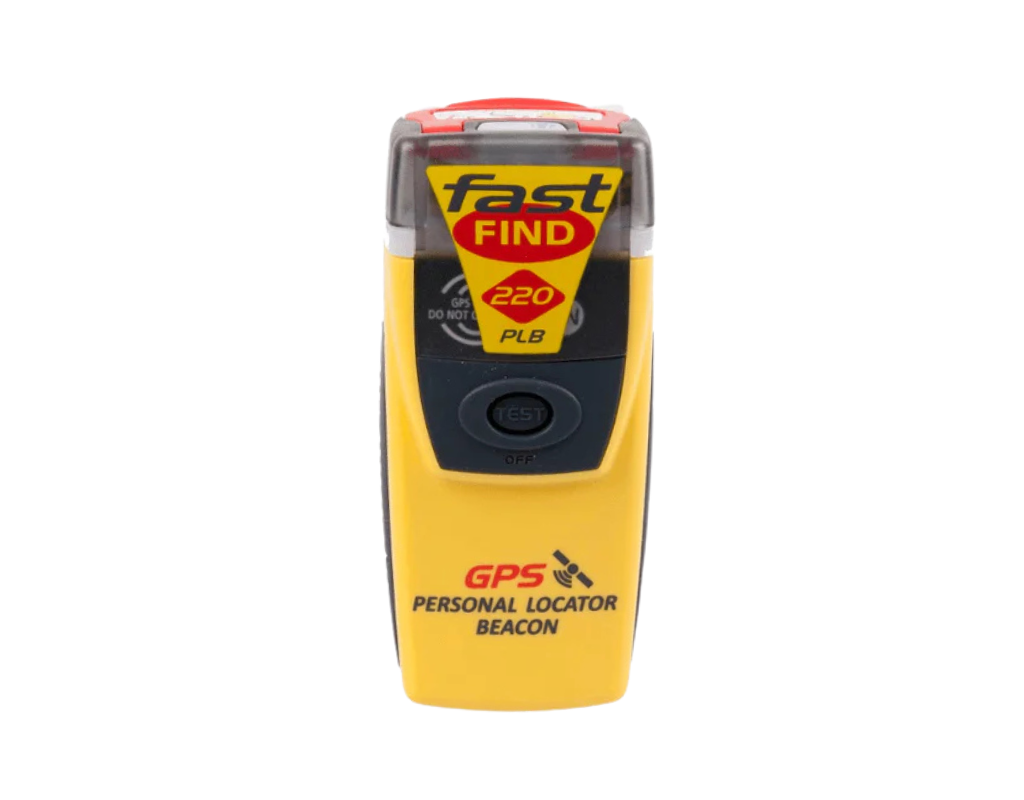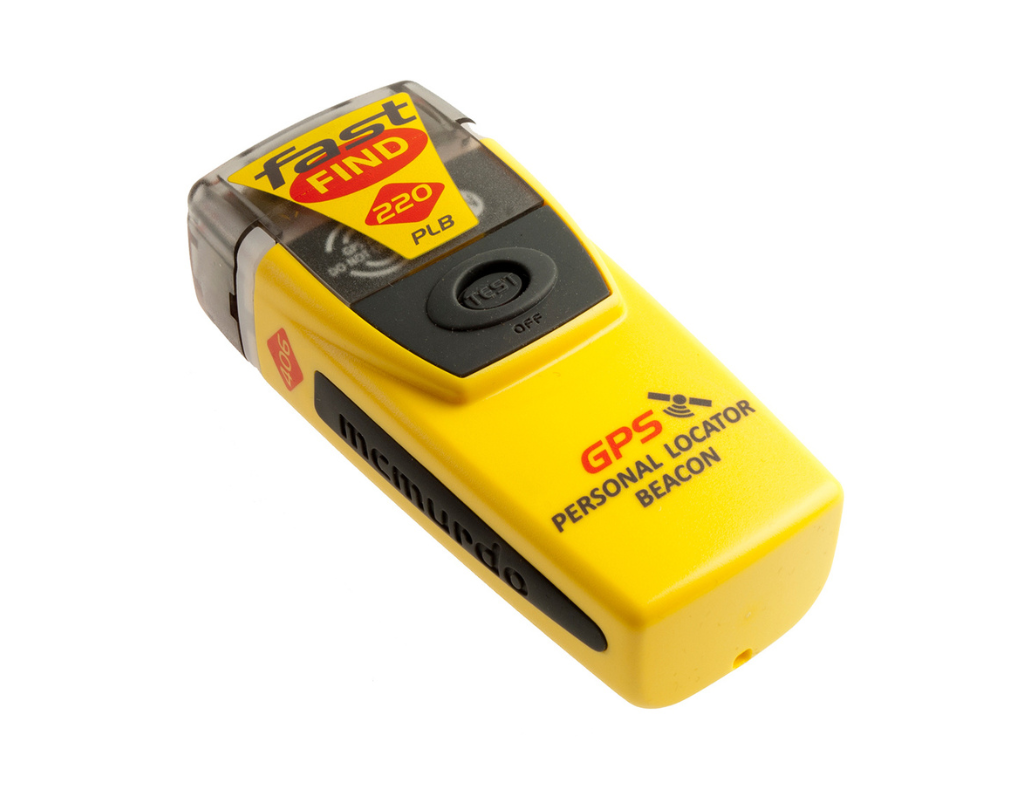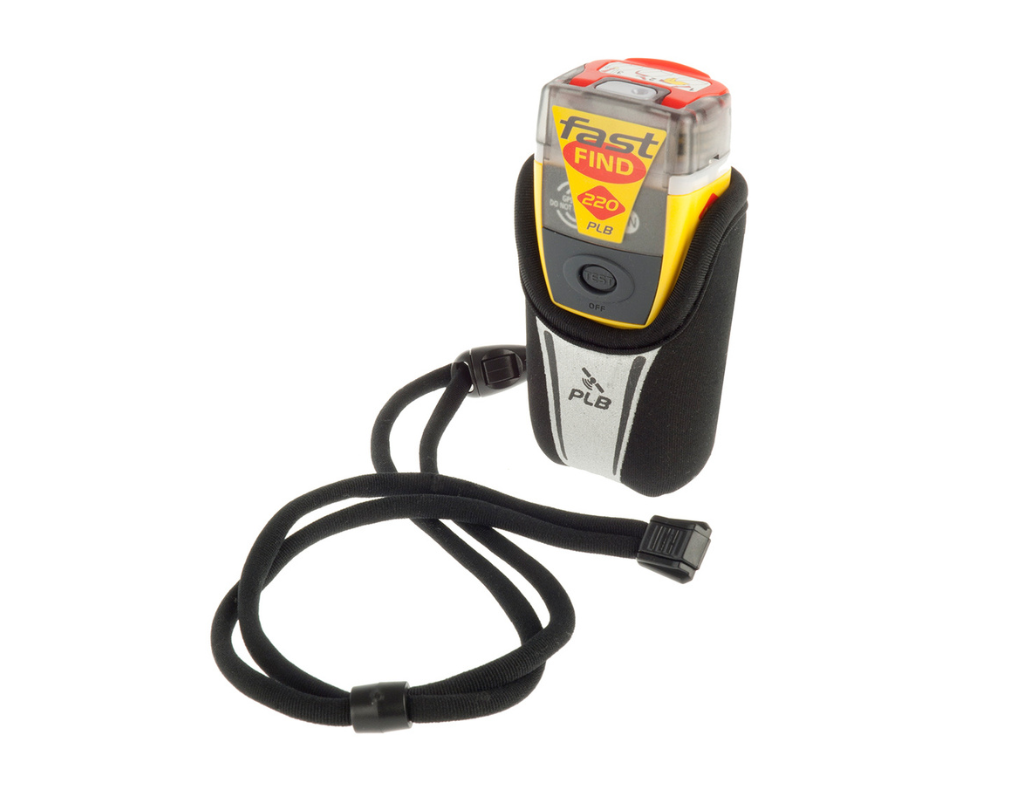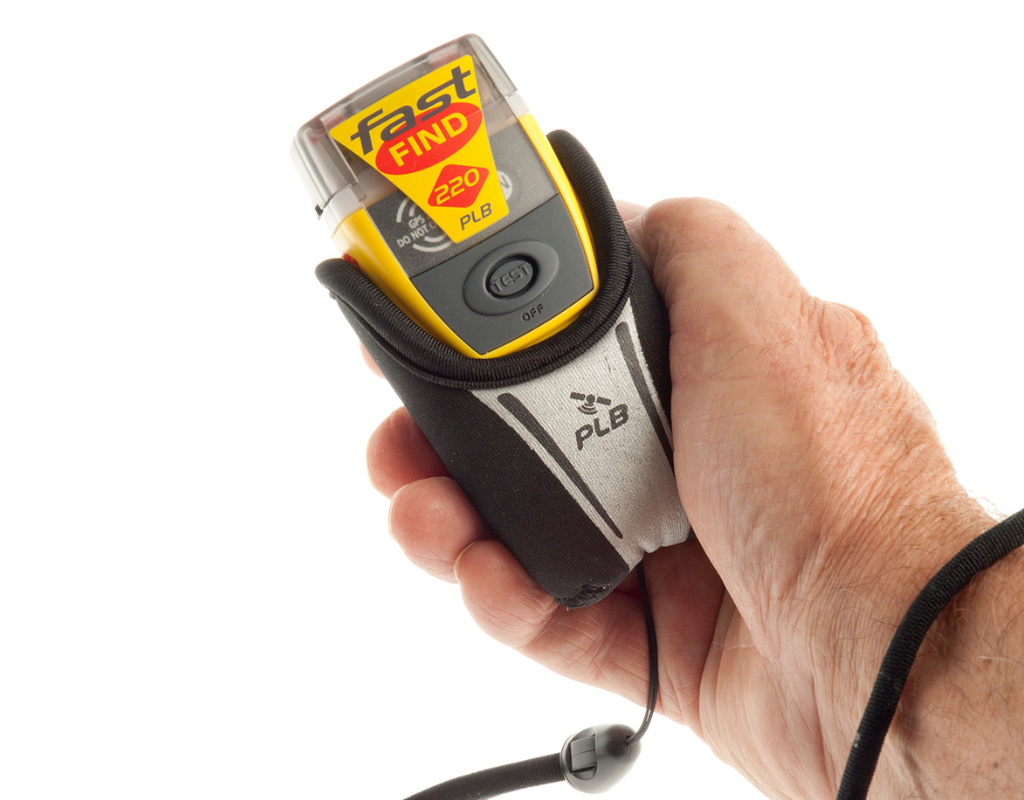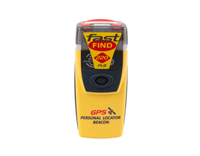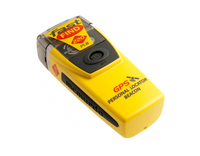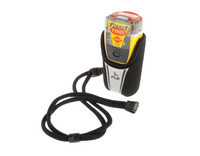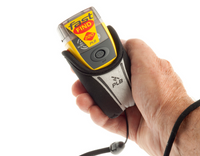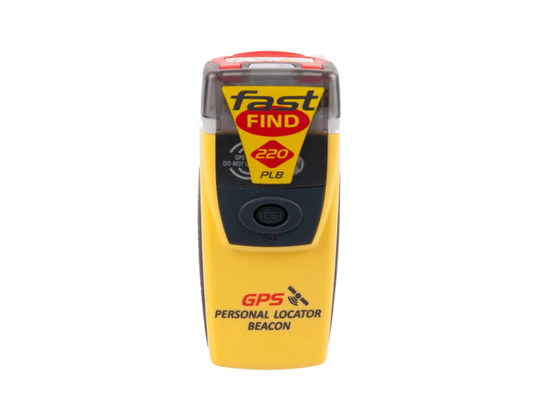Your cart is empty
McMurdo FastFind 220 PLB
£198.99(Ex. VAT)
The modified McMurdo 220 PLB has been upgraded to include GNSS receivers that work with both the US GPS satellites and the newly activated European Galileo satellites.
The McMurdo FastFind 220 Personal Locator Beacon is designed for marine and outdoor enthusiasts.
Battery life up to 6 years.
We can make sure this device is programmed for the UK using code 232.
The McMurdo FastFind 220 PLB is a rugged, handheld, and waterproof (non-buoyant) GPS & Galileo-enabled rescue PLB which is small enough to be easily carried in a back-pack or pocket. Upon initiation of a distress call, the McMurdo FastFind built-in GPS and Galileo receivers will fix your position to within a few meters and then utilise a powerful 406 MHz signal to relay your distress call to orbiting satellites.
PLBs have been proven, tried and tested in some of the world's most remote locations and treacherous conditions. Even in extreme conditions and situations, the McMurdo FastFind 220 activates easily. Just deploy the antenna, pull the anti-tamper seal and press the ON button.
McMurdo FastFind 220 Key Features:
GPS & Galileo GNSS Receivers
The McMurdo FastFind 220 is the world's first Galileo Personal Locator Beacon. This PLB's electronics have been upgraded to offer accelerated location detection with dual GNSS capabilities - GPS & Galileo receivers.
Buoyancy
The buoyancy pouch, provided with the FastFind 220, enables the PLB to float. We recommend that you keep the PLB in the pouch at all times to ensure that the PLB remains buoyant when you are at sea.
Activation
The FastFind 220 is activated by manually deploying the antenna, pulling the anti-tamper seal and pressing the ON button, in an emergency situation. Once activated the McMurdo PLB transmits two signals simultaneously via the 406MHz professional global emergency service and the 121.5MHz homing signal to speed up local recovery.
The PLB typically begins transmitting on the 406MHz frequency within 5 minutes but can be up to 45 minutes depending on satellite coverage. The start of the 121.5 MHz secondary homing transmitter signal means that Search and Rescue teams have been deployed, they are able to home in on your exact location.
Strobe Light
The unit features a high-brightness LED signal light and Morse Code SOS flashing light, both of which can be used to attract attention.
Battery Life
The McMurdo FastFind 220 PLB's lithium power cell offers a minimum 24hr continuous operation and a 6-year battery storage life. Performing a full functional self-test of the PLB's internal circuitry, battery voltage & power and 406 MHz transmission gives you the peace of mind of knowing your PLB will work the moment you need it the most.
Subscription-Free
Unlike most satellite-enabled notification devices, the McMurdo FastFind 220 PLB requires no monthly or annual subscription, because it does not rely on commercial call centres, meaning your request for help is received directly by Search and Rescue authorities. When triggered, the McMurdo FastFind broadcasts a unique registered distress signal that not only tells rescuers where you are, but who you are. Therefore, this is one of the most cost-effective GPS-enabled emergency beacons available for long-term use.
Programming & Registration
All Personal Locator Beacons sold by GTC are pre-programmed with the UK country code. Whilst they will function anywhere in the world, the first authority to be contacted in an emergency situation would be the UK Coastguard Agency in Falmouth with whom the PLB would be registered. Please contact us if you wish to have your PLB shipped with configuration for use in a country other than the UK.
This McMurdo PLB should only be used in situations of grave and imminent danger to life. False alerts endanger lives and cause expensive disruption to Search & Rescue services. Deliberate misuse of the device could result in a penalty.
Please note that PLBs will not work underwater and should be used in a canister if you intend to carry them at a depth exceeding the maximum depth stated in the technical specification.
Registering your Personal Locator Beacon is required by law in most countries. Registering is very important because should your beacon ever be activated, it is how Search and Rescue Teams will know who you are, and the contacts provided may be able to supply information about your specific travel plans. In the absence of this information, it may take longer for a search-and-rescue operation to begin.
Once you have received your programmed Personal Locator Beacon, the owner is required to register their PLB with the Cospas Sarsat website to add their device to the International Beacon Registration Database (IBRD). To register your device, you must provide your unique Beacon HEX ID number, which can be found on your PLB and box. Use the links below to register your device:
Country Registration: https://406registration.com/
UK customers can register at the link above, or register directly with the Maritime & Coastguard Agency: https://www.gov.uk/register-406-beacons
- Reviews
- Questions
Shame about the LC
Looks great but as I unpacked it I learnt that the lithium content is fractionally above the limit for flights and ferries. Thankfully was able to return for exchange to the PLB1. It's hard to recommend a product you can't be certain will arrive at the far flung destinations you might have in mind....

